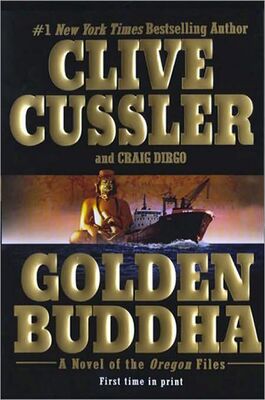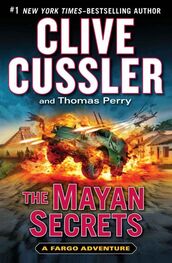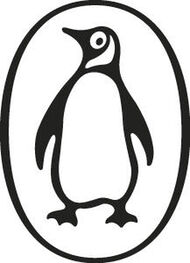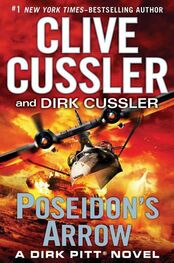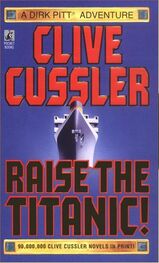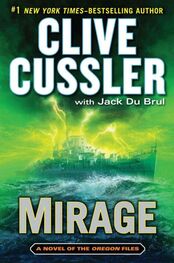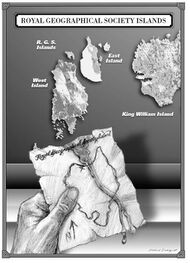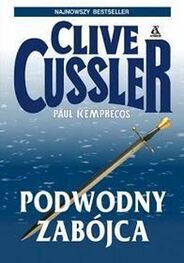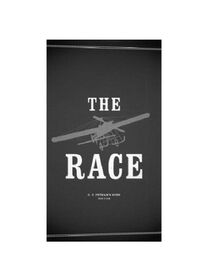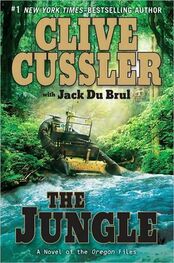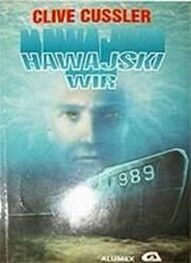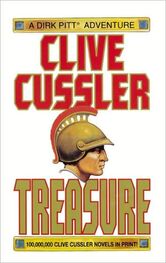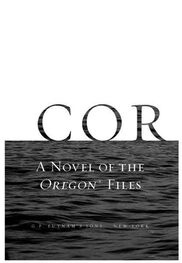“I’m afraid so, sir,” the head of intelligence noted.
“Okay—” Jintao started to say before his aide rushed into the room and walked over and whispered in his ear.
“Gentlemen,” President Jintao said, “continue discussions—I have an emergency meeting. The Russian ambassador is insisting we talk and has arrived ahead of his scheduled meeting.”
The Russian ambassador was waiting in an outer office. He rose as Jintao walked into the room. “Mr. President,” he said solicitously, “I apologize for moving up the time of our meeting, but the president of my country insisted I see you immediately.”
“Do you come bringing a declaration of war?” Jintao asked directly, motioning the Russian to take a seat on a couch near a window with a view of the outer gardens.
The Russian ambassador sat on the left end of the couch, Jintao farther down on the right.
“No, Mr. President,” the Russian ambassador said, straightening his suit pants. “I come with a business offer that can put an end to the tension between our countries, as well as placing your economy on solid footing again.”
Jintao stared at his watch before answering. “You have five minutes.”
The Russian ambassador explained it all in four.
“So you are convinced you can pull a UN Security Council vote?” Jintao said after he was through.
“We can,” the Russian said.
“What do we get if we go along with the vote?” Jintao asked. “If China votes to go along.”
The Russian ambassador smiled. “World peace?”
“I was thinking of a larger percentage of the field.”
Two minutes later, the Russian had his offer.
“Mr. President,” he said, “allow me to make a telephone call.”
“Tell them I want your armored column stopped immediately,” Jintao said, “confirmed by satellite reconnaissance.”
Eight minutes later, the new percentages would be confirmed and the Russian armored column would grind to a halt. Further negotiations would continue right up until the UN vote.
AT the same instant the Russian ambassador was calling Moscow, the C-130 containing the Corporation team was crossing into India. Off the right wing the jet carrying the Dalai Lama home passed. The pilot of the jet wagged his wings and the pilot of the C-130 reciprocated.
Less than an hour later, the team reached Calcutta, India, and was met by the Corporation’s amphibious airplane. Within minutes of the C-130 touching down, the crew was being flown out to the ship.
By sundown on March 31, the Oregon was steaming south in the Bay of Bengal.
On the deck, Hanley and Cabrillo watched the setting sun.
“I got a call from Overholt after you left Calcutta,” Hanley said.
“I’m sure it was the usual,” Cabrillo said. “Rah, rah, good job. The check is in the mail.”
“He did mention that, and a wire transfer that Halpert has already confirmed.”
“What else?” Cabrillo asked.
“He has another job for us,” Hanley said.
“Where?” Cabrillo asked.
“The land of the midnight sun, Mr. Chairman,” Hanley said. “The Arctic Circle.”
Cabrillo sniffed the salt air, then began walking for the hatch inside. “Come on, you can explain over dinner.”
“It had better be dinner and drinks,” Hanley said. “I haven’t had a cocktail since Cuba.”
“Cuba,” Cabrillo said wearily. “Seems like years ago.”
EPILOGUE
THERE exist snippets of history etched into the fabric of time and so perfectly formed that they may never be duplicated. Seemingly scripted by a power with perfect timing and blessed with scenes that know no bounds, these moments exist to be captured on film, to be remembered and cherished for centuries to come.
These snippets do not happen often. They are as rare as the perfect turn on skis, as delightful as homemade ice cream in the hot sun. They exist to remind man there is hope. They exist to show promise. They exist for generations yet unborn.
The Dalai Lama’s return to Lhasa was one of these events.
April 1, 2005, dawned with clear skies and no wind. The snowcapped mountains surrounding the city appeared to be close enough that one could run his fingertip across the sharp crests. The very air in Lhasa seemed alive with energy. It filled the lungs of the faithful with a hope silent for decades and soothed and cooled the fires of war.
“Unbelievable,” a reporter for a Los Angeles newspaper said quietly.
It was an image from Shangri-la. Potala Palace was glistening like a mirage in the mind of a complicated man. The hillside surrounding the palace was covered with a flowing field of red and blue blooming flowers that spilled down the hill in a waterfall of color. One thousand Buddhist monks in yellow robes filled the steps from top to bottom like a colored strip of DNA molecules. On the lower buildings, parts of the green roofs were visible, adding contrast, while the white rocks of the structure seemed to have been scrubbed clean of dirt as a result of the cloak of oppression being lifted. High overhead a hawk circled lazily on the warming air.
The chosen one was coming home.
Nearly a mile away, on the large flat meadow below Potala, a monk stepped over to a six-foot-tall gong suspended from a dark, carved wooden frame. He glanced at the Dalai Lama, who was sitting atop a gold gilded throne chair. The throne chair was topped with a fringed silk awning, supported by wooden poles at the corners and held aloft by six stout monks who walked in unison with the throne chair.
The six monks chanted a single-word chant and the wood-and-leather hammer struck the gong.
The sound of the gong filled the air. One, two, until it sounded three times. And then the procession started forward. The Ngagpa, carrying the symbolic wheel of life, led the column. Directly behind the Ngagpa were Tibetan horsemen, their steeds decorated with ceremonial blankets whose intricate needlepoint depicted scenes from Tibetan history. The horsemen wove their mounts back and forth in a choreographed display of precision. In their hands were triangular flags attached to long bronze staffs that were capped with fluted tops. To the rear of the horsemen were two dozen archers with bows at parade rest against their shoulders. They marched in perfect harmony. Next came a dozen porters carrying cages filled with songbirds that chirped a song of freedom and happiness. The porters were followed by fifty-five monks from the Dalai Lama’s home monastery at Namgyal. They chanted in a single voice and carried in their hands the sacred texts.
Next were more horsemen, four dozen in total, who were also musicians. They played their flutes and stringed instruments while they steered their mounts with their knees. The horse-mounted musicians were followed by monks from the Tsedrung Order, who represented the government of Tibet, followed by children waving thin, pointed, ornately colored flags that danced through the air like kites without tails.
To the rear of the children was another group of horsemen with serious faces, dressed in Tibetan army uniforms of green cloaks and red hats. They steered their horses a few feet forward, then stopped. A few more feet, then a pause again. These soldiers carried the Tibetan Seals of State. Just to the rear of the soldiers carrying the Seals of State were ten simple monks, barefoot and dressed in yellow robes. The ten monks were humming loudly.
The Golden Buddha came next. It sat on a plain wagon pulled by a single horse.
Only a few feet behind the Golden Buddha was the throne chair containing the Dalai Lama.
Two hundred thousand Tibetans lined the procession route leading to Potala. They massed on both sides of the cleared path through the meadow. The day they had prayed and hoped for over these last decades was finally here—and they allowed their joy to wash across the land. As soon as the Golden Buddha appeared, the crowd went wild.
Читать дальше